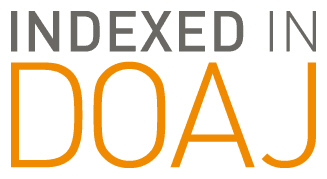Abstract
Although recruitment has always been vital to sustained university admissions, it is true perhaps now more than ever as traditional public university programs face fierce competition for students from digitally-delivered and for-profit programs. Competition is fierce at every level of higher education, including the doctoral level. As competition has increased, so have the number of universities offering doctoral degrees (U.S. Department of Education [DOE], 2013). In 2011, Texas ranked fourth behind California, Florida, and North Carolina in the number of doctoral degrees granted in the United States. Furthennore, the number of doctoral degrees conferred in Texas grew from 8,959 in 2008 to 9,705 in 201 l(DOE, 2013) - a similar trend to most states across the nation that year. Of those, Texas has 26 public and private institutions - not including online universities - granting doctoral degrees in Educational Leadership (DOE, 2013). With the increase in traditional, online, and for-profit doctoral programs in Texas, existing programs may need to reevaluate efforts to stay competitive to survive in the current climate.
Recommended Citation
Leach, Lesley F.; Winn, Pam; Erwin, Susan; and Benedict, Liza
(2018)
"Factors Affecting Doctoral Educational Leadership Program Selection,"
School Leadership Review: Vol. 9:
Iss.
2, Article 7.
Available at:
https://scholarworks.sfasu.edu/slr/vol9/iss2/7
Included in
Educational Leadership Commons, Higher Education Commons, Online and Distance Education Commons
Tell us how this article helped you.


